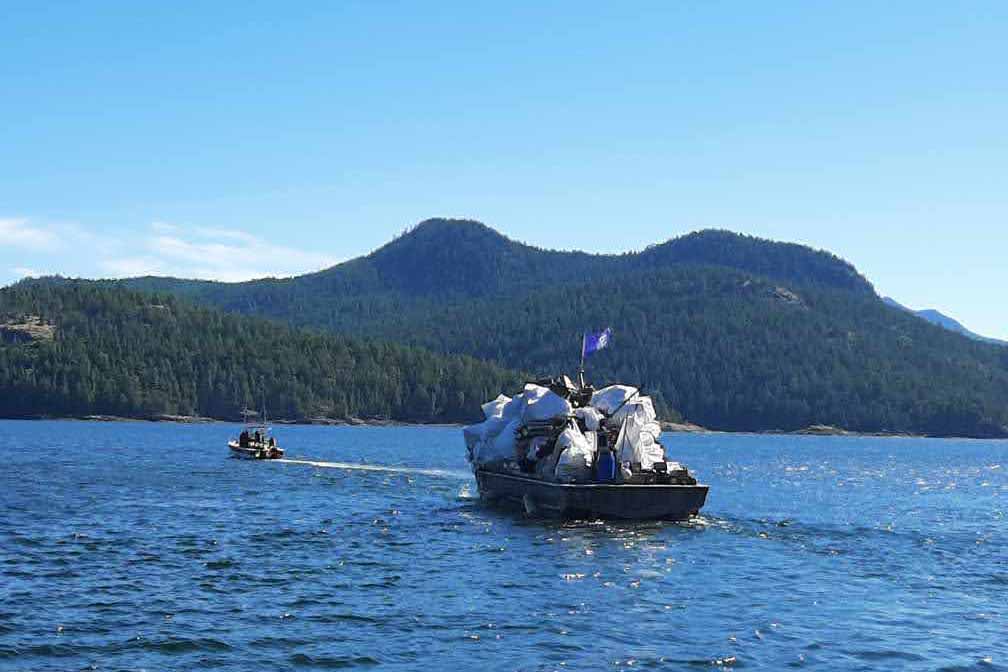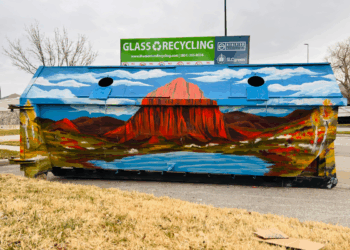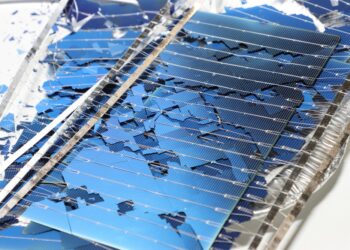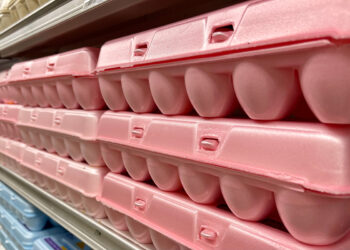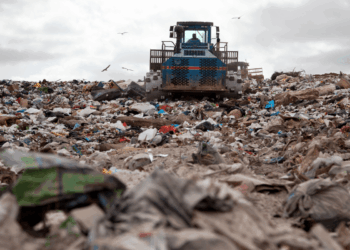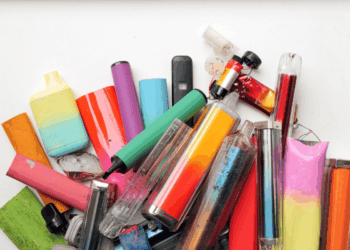Canadian company Ocean Legacy is working to expand production of its 100% recycled ocean pellet and is eyeing U.S. markets.
Legacy Plastic is a pellet made from fishing rope, buoys, floats, oyster trays and other plastic debris. That feedstock is sourced from shoreline and marine equipment cleanups in British Columbia.
Gil Yaron, director of sales and marketing for Ocean Legacy, told Plastic Recycling Update that Ocean Legacy is a collection hub for all shoreline cleanups in British Columbia, so “everything comes to us” from community cleanups.
The company also does its own remote location cleanups in the summer, and has set up collection points in coastal communities for those in the fishing and aquaculture industries.
“Canada has become a leader in the global effort to eliminate and prevent ghost gear pollution in our oceans,” Joyce Murray, the Canadian Minister of Fisheries, Oceans and the Canadian Coast Guard, said in a press release. “Through our Ghost Gear Program, we’re working with incredible organizations like Ocean Legacy to protect and regenerate our marine ecosystems by removing this harmful waste.”Ocean Legacy currently has one facility in Richmond, British Columbia that processes about 1,500 kilograms, or 3,300 pounds, of material in a day. Yaron said they are adding a second line to double that number, and are still refining the process to be more efficient.
“I’m really proud of what we’ve done. We spent years developing this technology and now have a professional facility up and running,” Yaron said.
Yaron said the company has developed more intensive cleaning systems to handle plastic that is contaminated with sand, oyster shells and salt.
“Part of our unique technology has been building decontamination elements to our processing that go above and beyond what other types of plastic recycling would need,” Yaron said.
The company is also the only local organization recycling nylon, Yaron said, so they plan to introduce a dedicated line for it. Legacy plastic resin is also available in 100% PP, HDPE and LDPE.
The company is also working with some Washington state organizations, including Net Your Problem, to expand the geographic scope of their marine debris collection and to market Legacy Plastic in the United States. Ocean Legacy has two projects running in Mexico and Panama, but Yaron said those are plastics-to-fuel operations.
There has been plenty of demand for the Legacy Plastic pellets from big and small brands alike, Yaron said.
“We’re working with some larger brands and smaller organizations that are really trying to push the envelope in terms of using found materials, ocean plastics specifically,” he said. “The issue is more about meeting the demand.”
While there’s plenty of interest, Yaron said the company also wants to make sure its plastic is only used in durable, sustainable products, not single-use items.
“It takes a lot of energy and resources to capture this, and we want to make sure it gets put to the highest possible use,” he said. “We want to develop partnerships with brands and products that are durable, sustainable and have high utility.”





